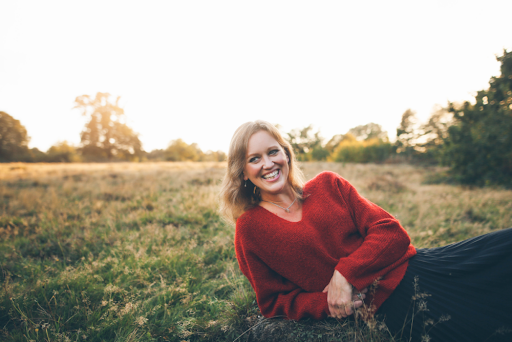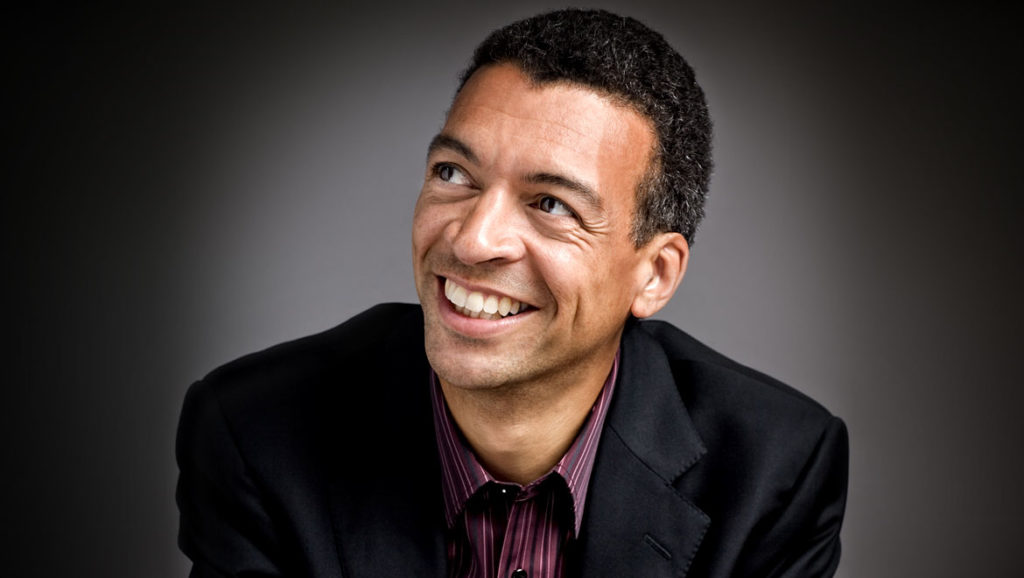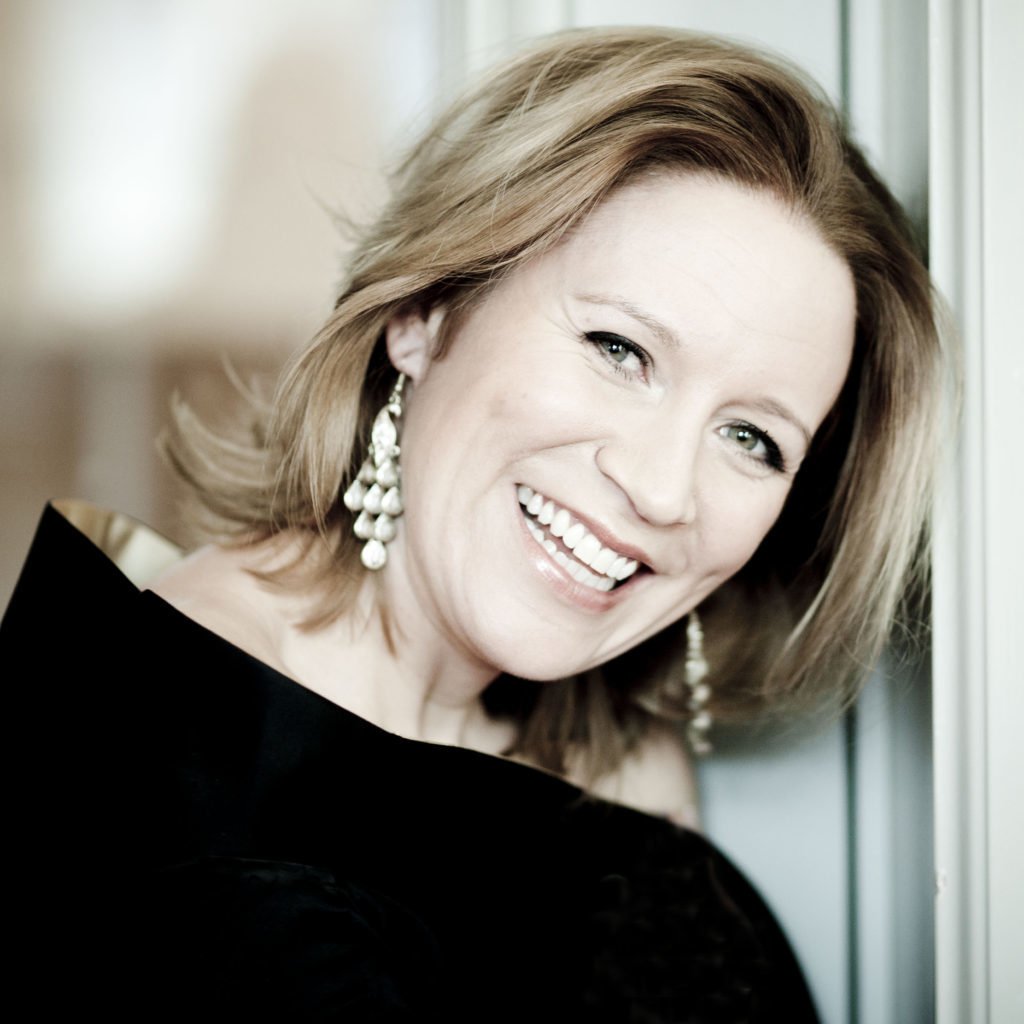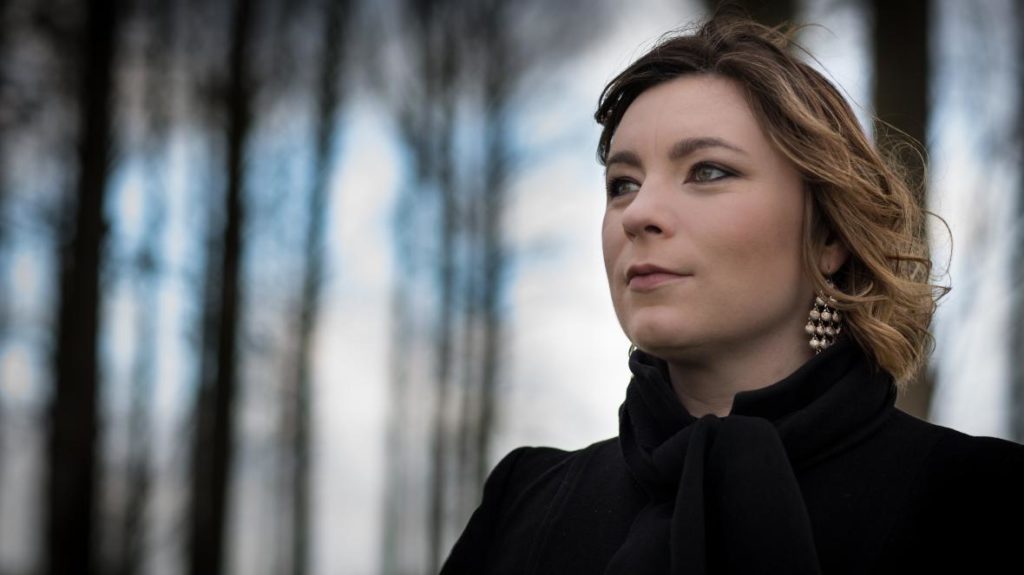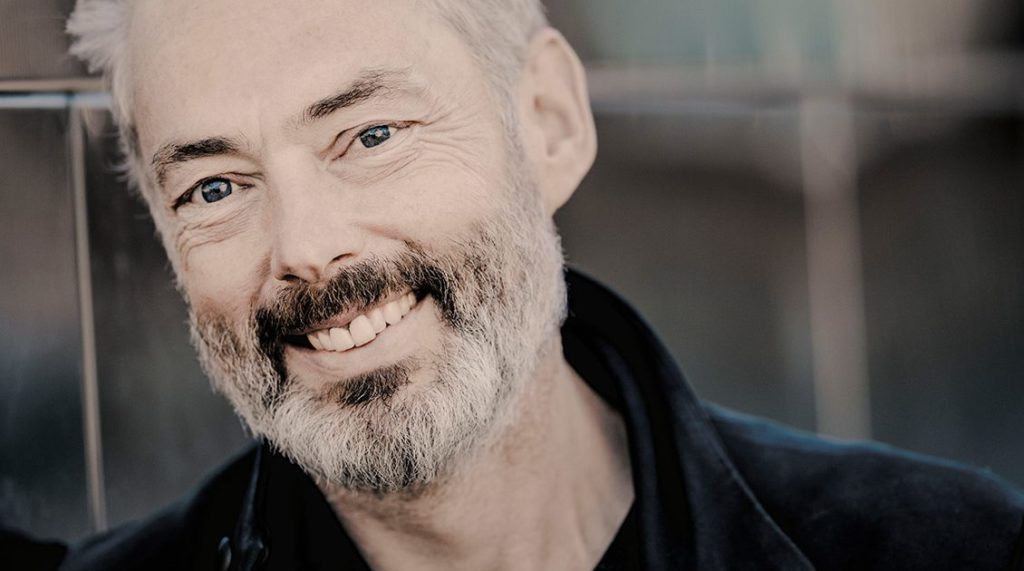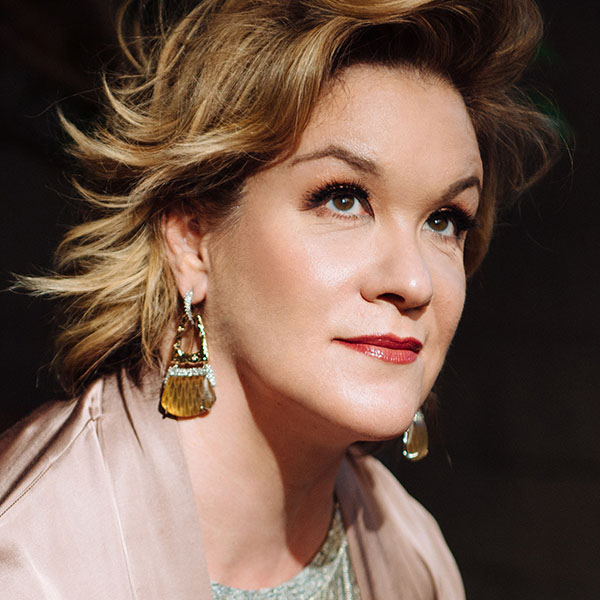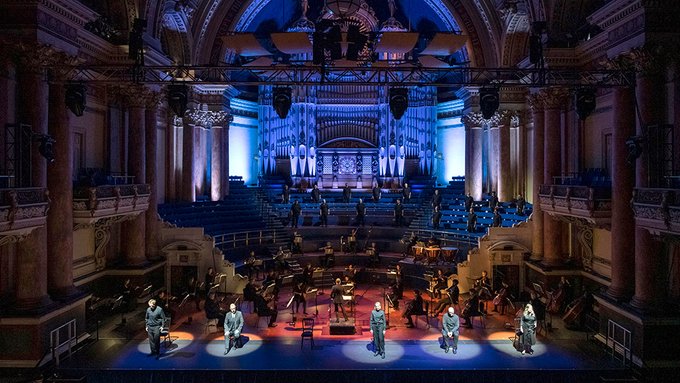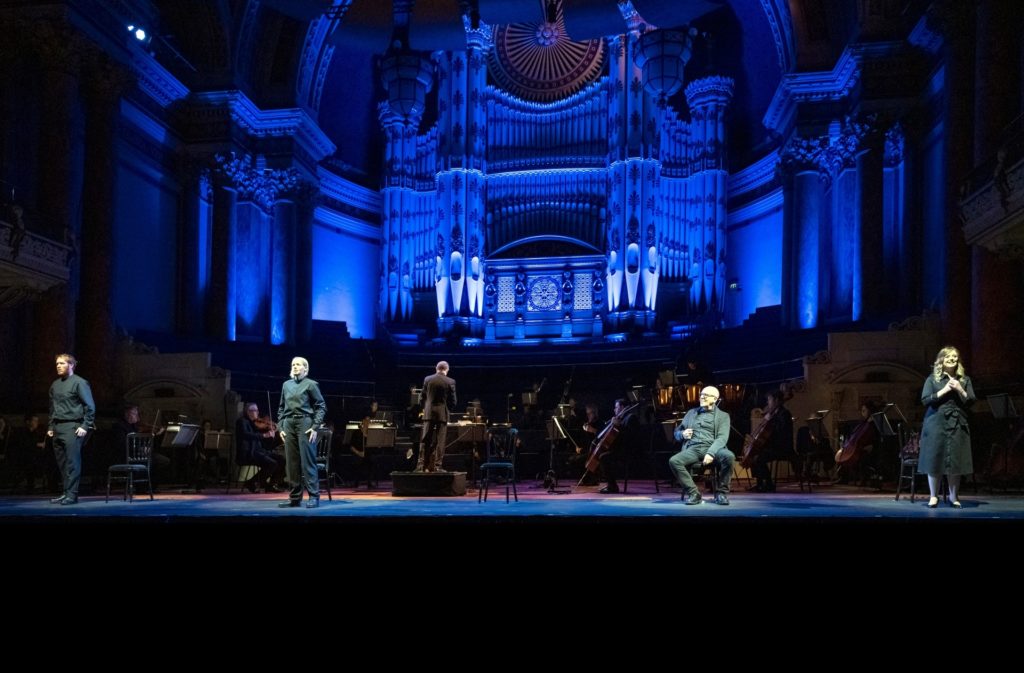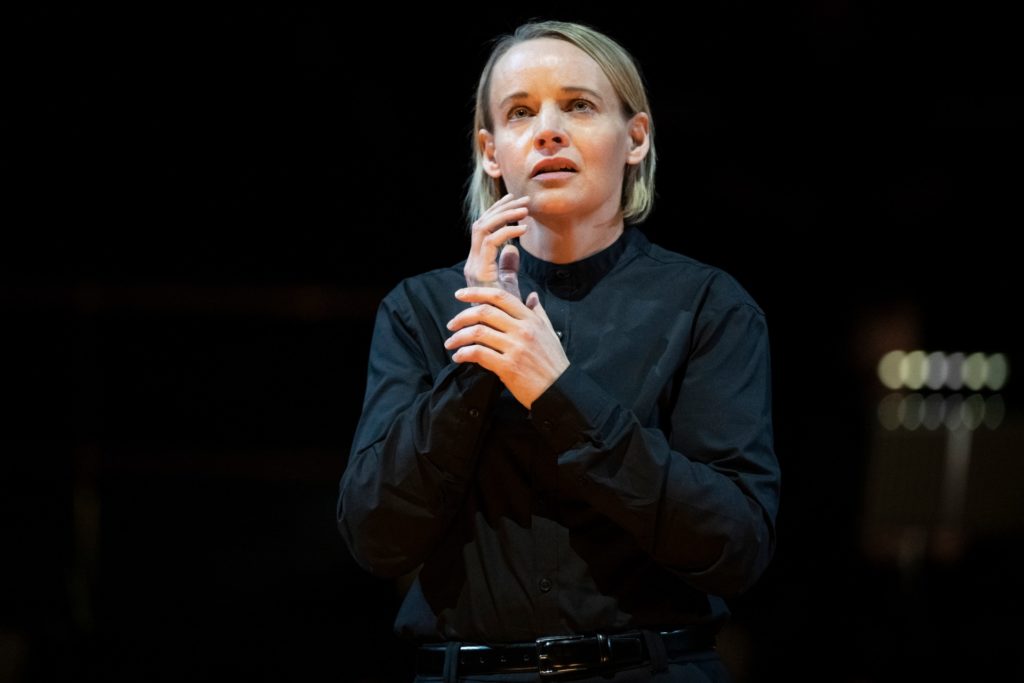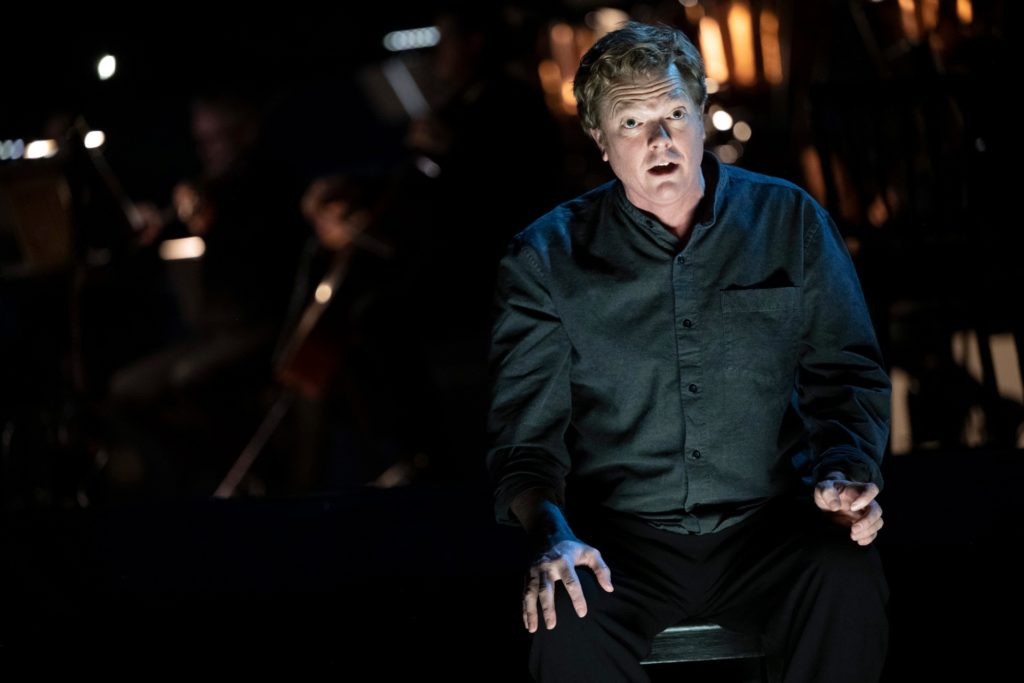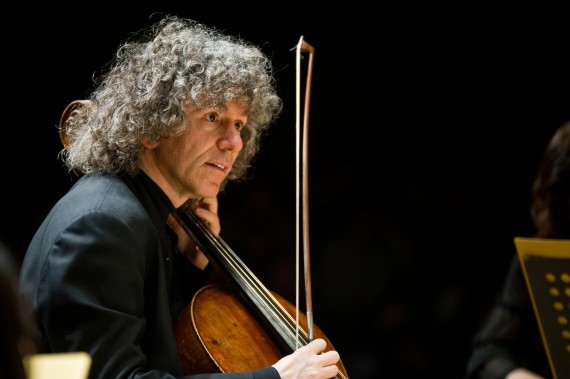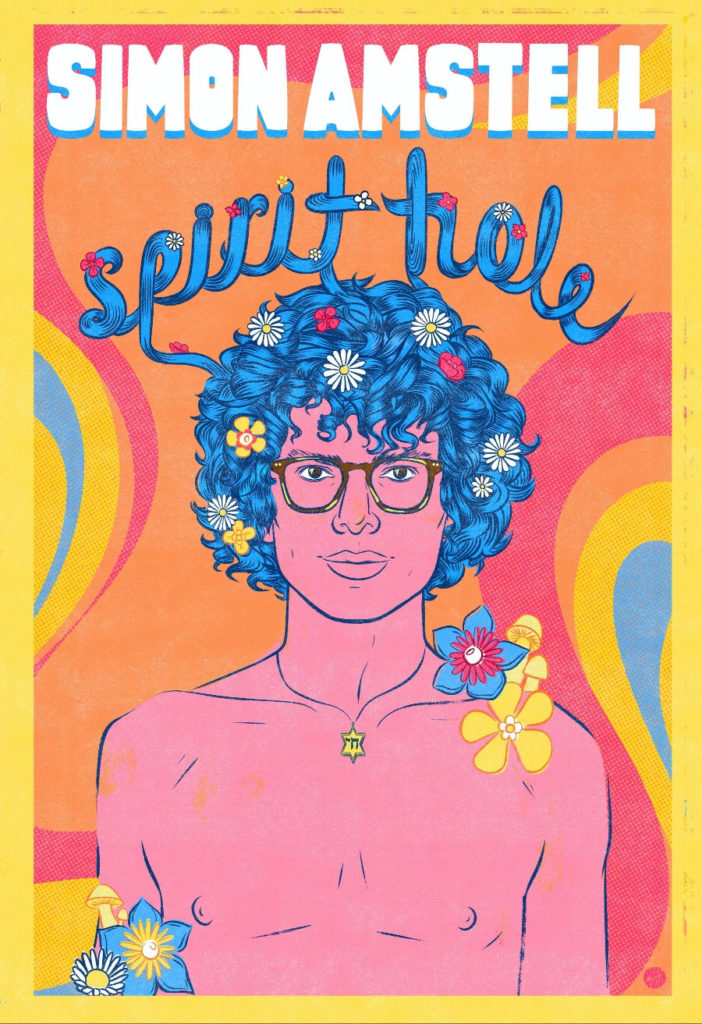
AGENT provocateur Simon Amstell will deliver a “blissful, spiritual, sensational exploration of love, sex, shame, mushrooms and more” at the Grand Opera House, York, on September 25.
That night’s 8pm show forms part of the introspective, awkwardly honest comedian, television host, actor, writer and filmmaker’s 38-date Spirit Hole autumn tour, where the former saucy host of cult BBC2 pop quiz Never Mind The Buzzcocks contemplates turning 40.
“A lot of the show is about getting older and not knowing what to do about it,” says the still cherubic-faced Essex-born wit. “I’m 41 now, and even when people say ‘you don’t look 41, what they’re saying is, when you do, that will be disgusting.”
The mushrooms he mentions in his show trailer are…? “Magic mushrooms,” he says of the “shrooms” or “blue meanies” with psychedelic, hallucinogenic properties. “One of the ways that I found it possible to cope with the fact that I was going to age and eventually die was taking magic mushrooms in the last two years.
“I take it quite seriously, with the whole ceremony aspect, using them for their healing qualities, trying to figure out who I am and what’s wrong with me, with all the wisdom that’s come my way.”
A doctor or scientist might point out the common side effects of magic mushrooms: nausea, yawning, feeling relaxed or drowsy, introspection, nervousness, paranoia, panic, hallucinations and psychosis.

Simon, on the other hand, has learned: “The real fear of getting old is that I die alone in a desert,” he says. “I had a vision on magic mushrooms of dying as a very old wizard, hunched over, sitting alone and dying.
“I felt myself decomposing, which was sad at first, but not unbearable, but this is what happens. We are all animals; we all end up back in the ground.
“You just have to surrender to it now. When I feel lonely, I just think, ‘well, I died in the desert last year!’”
Put in touch with a lady who “sort of puts magic mushrooms in chocolate”, after a recommendation from a Ayahuasca healing retreat, Simon has laid great store in his ritualistic ceremonies.
“Rather than something you’re messing around with, it’s better to have a sense of gratitude to be working with the mushrooms and then surrendering to whatever they tell you…and then after four hours you close it down by saying, ‘I have finished the ceremony’,” he says.
“The danger is that you end the ceremony by writing down what feels profound in the moment, so there’s a whole section of the show where I translate what I did write down.
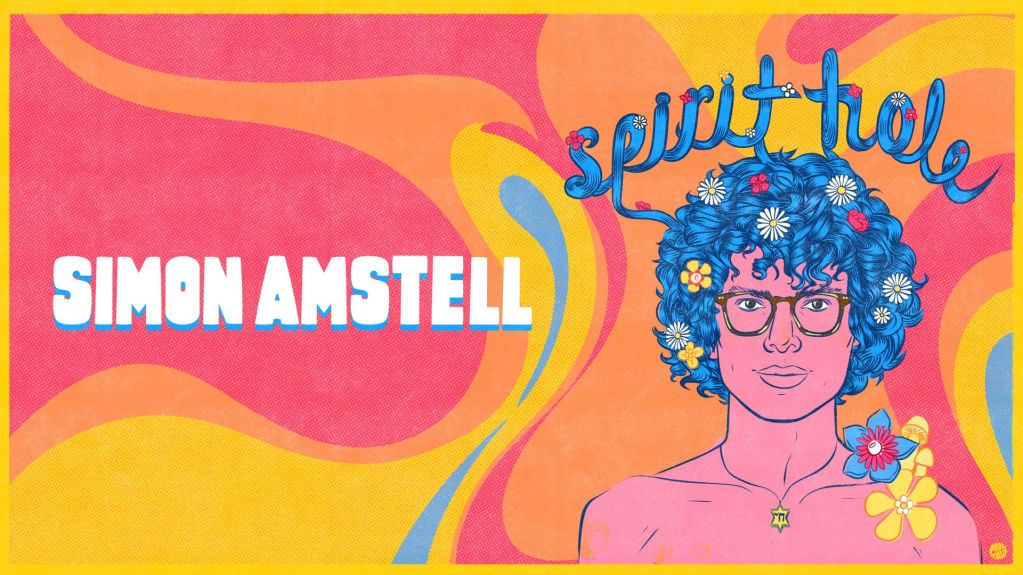
“They’re a mix, a strange combination of the most profound and the most obvious things that I came up with at the same time. That’s not to say those nuggets are not profound, but it took a mushroom ceremony to release them.”
Where does shame fit into the show, Simon? “When I was at the retreat, trying to figure out how to grow older, what the medicine seemed to reveal was that my body is full of trauma and shame, and I ended up dancing around naked…
“…Maybe I should do that on the last night of the tour, though I don’t know if it would make it less funny or more funny!” he says.
As for the show’s title, “Part of the reason it’s called ‘Spirit Hole’, is the hole in our culture; the depression we feel is because of the lack of spirit, and we really need to find that spirit to reconnect with joy,” he urges.
“Also, a finger entered a new hole in my body.” Stop, stop, Simon. What new hole? “The perineum. Look it up! The only way I could describe it was as a ‘spirit hole’.
“I think it would be difficult to experience it without a shaman,” he cautions.
Moving swiftly along, let’s talk about sex and love, Simon. “I’ve been in a relationship for ten years; the longest relationship I’ve ever been in, and there’s loads of stuff about that in the show, whereas I used to talk about loneliness, but I can’t talk about that any more, now that I have a brilliant boyfriend,” he says.
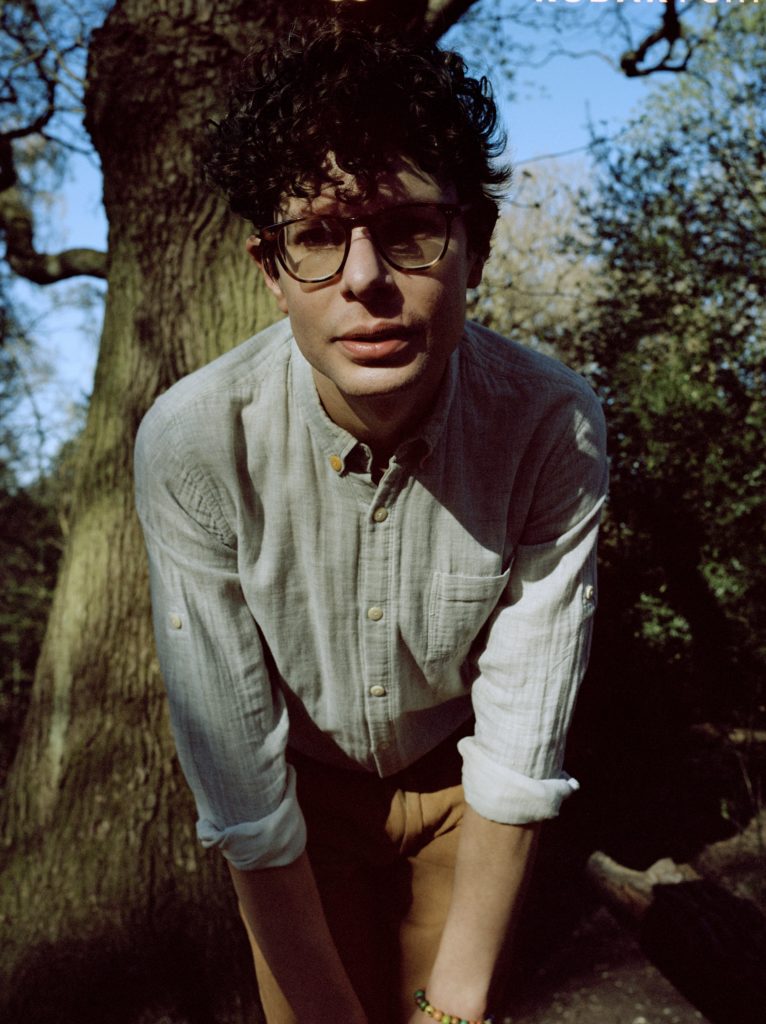
“I talk about getting a house together, and how my tiny adult mind can’t cope with that adult thing, as I go through a midlife crisis, dyeing my hair blond, going to New York, and going to a Berlin sex club that turned out to be much too hardcore for me.”
It may be hard to believe that Simon Amstell – once the youngest finalist in the BBC New Comedy Awards in 1998 – has turned 40, but the years have flown by since he last played the Grand Opera House on his Numb tour in May 2012.
Not that he has fallen silent, more that he has diversified, writing, directing and narrating Carnage, a 2017 film about veganism, set in utopian 2067, where animals live equally among humans; releasing his debut bittersweet comedy-drama film, Benjamin, written and directed by Amstell, and making his soul-searching 2019 Netflix stand-up special, Set Free, both in 2019.
There has been a book too: Help, subtitled Comedy. Tragedy. Therapy., published in January 2019, armed with Amstell’s aim of “telling the truth so it can’t hurt me anymore”, driven by compulsion to reveal his entire self on stage. Loneliness, anxiety, depression feature prominently, he forewarned, but you will “then feel happier than you have ever been”.
Roll on to 2021 and Amstell is back on stage, surely his happy place. Asked to sum up Spirit Hole in five words as the strictly 20-minute interview clock counts down, he ventures: “Simon Amstell coming to York.” And no magic mushrooms were necessary for the making of that profound statement.
Simon Amstell: Spirit Hole, on tour at Grand Opera House, York, September 25, 8pm, and Leeds Town Hall, October 1, 8pm.York tickets are on sale at atgtickets.com/ york; Leeds, ticketmaster.com.
Copyright of The Press, York



